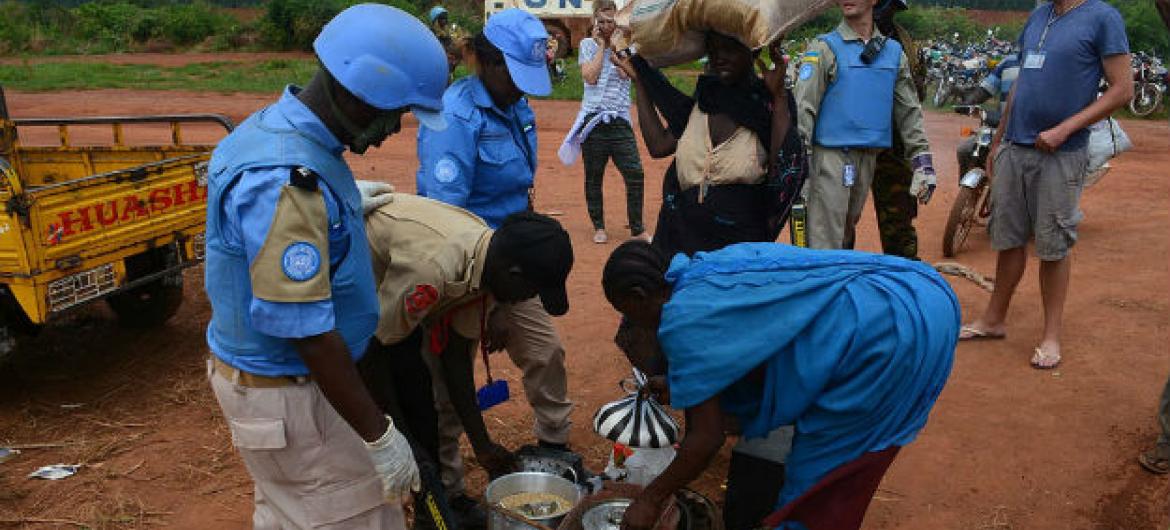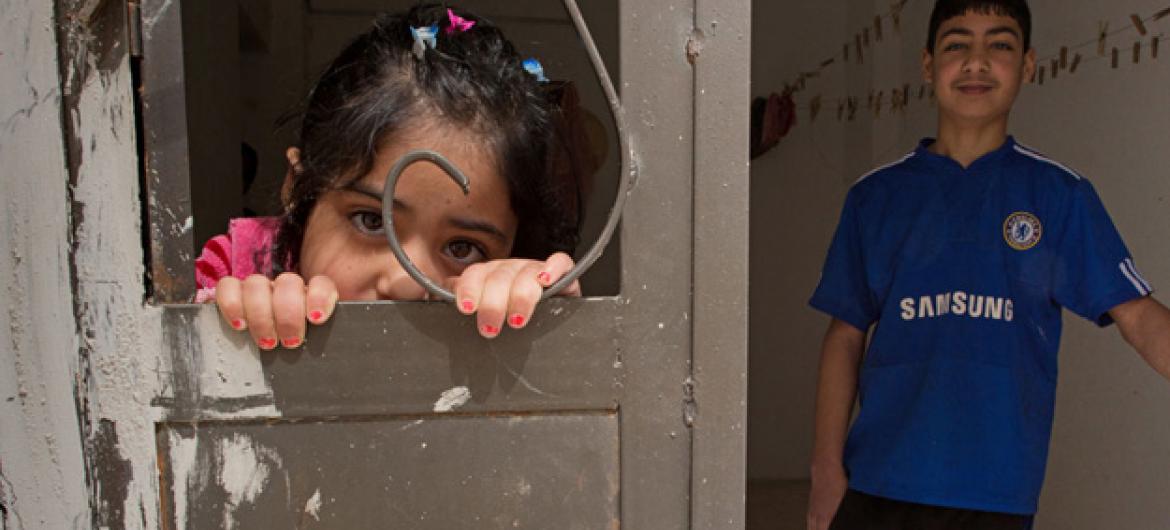2018-02-28 00:53:58丨Russian.News.Cn

6-й отряд миротворческой полиции Китая в Южном Судане вернулся домой. (Синьхуа)
Ханчжоу, 27 февраля /Синьхуа/ -- 6-й отряд миротворческой полиции Китая в Южном Судане завершил годовую миротворческую миссию и приземлился в международном аэропорту Сяошань города Ханчжоу провинции Чжэцзян /Восточный Китай/.
6-й отряд миротворческой полиции Китая в Южном Судане в составе семи человек был отдельно сформирован Управлением общественной безопасности провинции Чжэцзян. Отряд с февраля прошлого года выполнял задачи в южносуданской столице Джубе и районе Вау.
За время миротворческой миссии 6-й отряд выполнял задачи по патрулированию в лагерях беженцев, сопровождению гумпомощи и охране общественного порядка. Он продемонстрировал высокую профессиональную компетентность китайской миротворческой полиции.
http://russian.news.cn/2018-02/28/c_137004094.htm
http://creativecommons.org/licenses/by/3.0/legalcode













